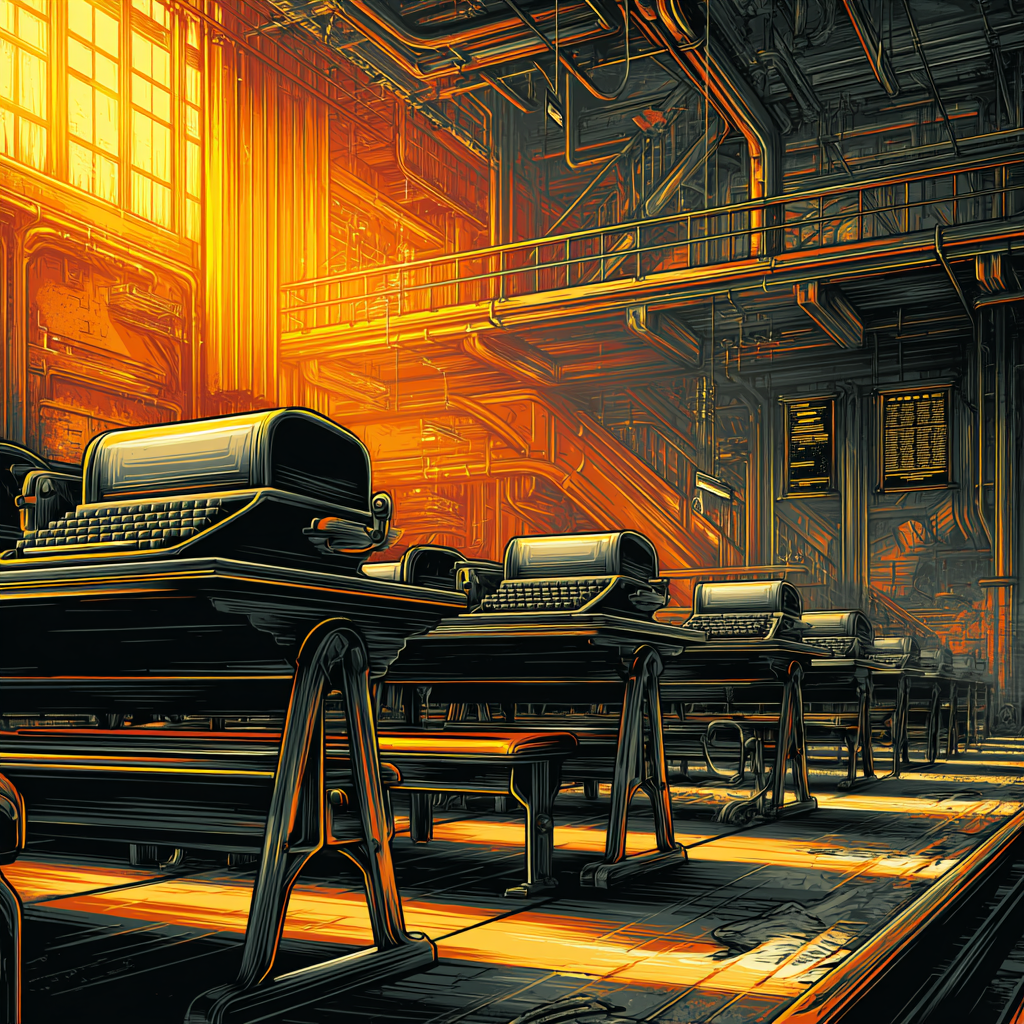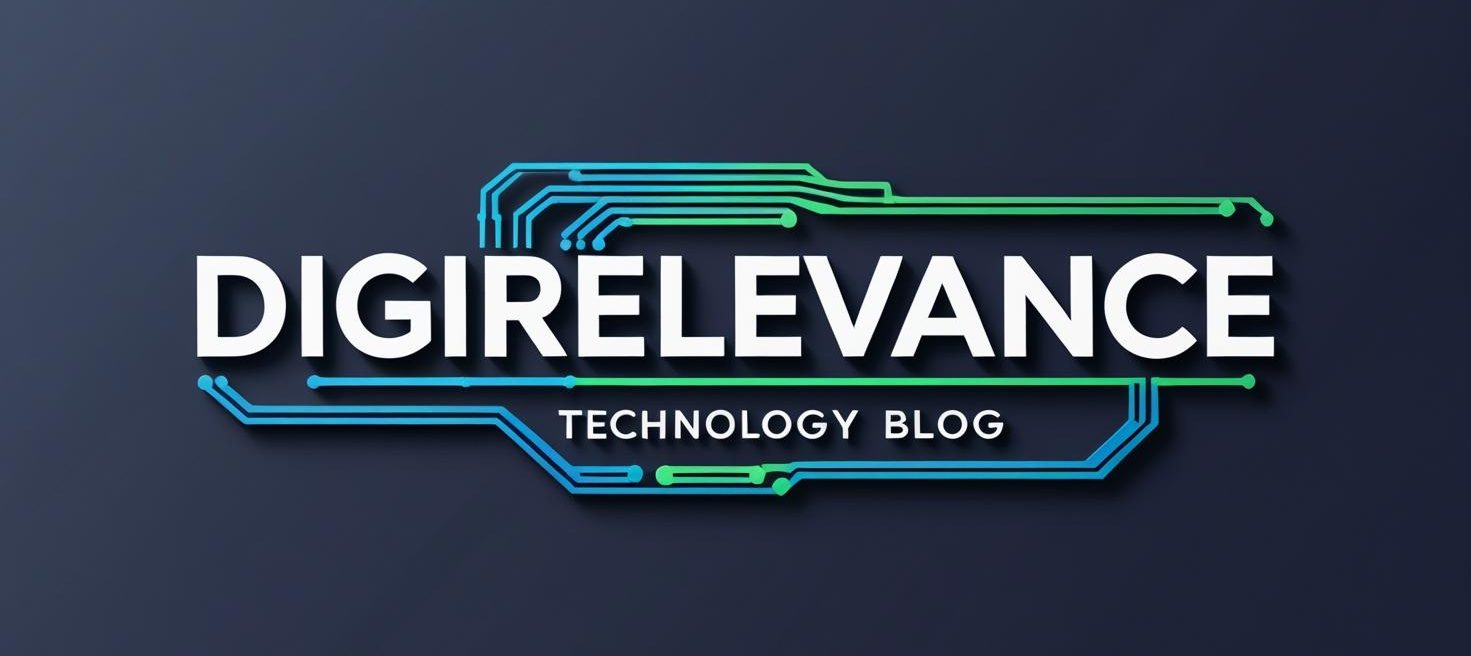
What if artificial intelligence could reshape the workplace faster than we anticipated—displacing millions of jobs yet creating millions more, all within the next five years?
It’s not a hypothetical anymore.
Recent reports indicate that Microsoft’s investment in OpenAI isn’t just about chatbots; it’s about embedding AI deeply into everyday business operations, transforming how companies work—and what roles
humans will play.
Microsoft’s latest move, reportedly funneling over $10 billion into OpenAI by 2024, is accelerating AI’s integration across its cloud and productivity platforms. PowerPoint that drafts your pitch deck, Excel that predicts market trends, and Outlook that triages your inbox autonomously: these are not distant visions but emerging realities.
Major corporations like Citigroup, Walmart, and even Sprint are already piloting AI-powered tools to boost efficiency and decision-making. The scale is unprecedented—analysts predict AI could automate up to 30% of current job tasks globally in the next decade.
But what does this mean beyond automation headlines? It signals a fundamental shift in how businesses value human contributions and manage workforce evolution. The AI wave is forcing companies to reconsider skills development, employee retention, and even organisational design. AI won’t just replace repetitive tasks; it will
demand more nuanced human roles in oversight, ethics, and creative problem-solving—areas where AI cannot yet compete.
At the societal level, the stakes couldn’t be higher. Economies will face pressure to retrain vast segments of their workforce, while policymakers grapple with how to mitigate widening inequality and preserve social safety nets. The tech giants hold enormous influence—not just in product innovation but in shaping labour markets and public policy through how they deploy these AI tools.
As professionals invested in technology’s trajectory, we have a front-row seat to an evolving landscape that challenges conventional employment paradigms. The companies that proactively adapt—upskilling
teams, embracing hybrid human-AI workflows, and participating in thoughtful societal conversations—may not just survive but thrive.
In a world where AI executes tasks faster and cheaper, how do we redefine meaningful work? Is it time to
rethink success metrics beyond output and efficiency? Or are we on the cusp of an era where human creativity and empathy become the ultimate business advantage?

